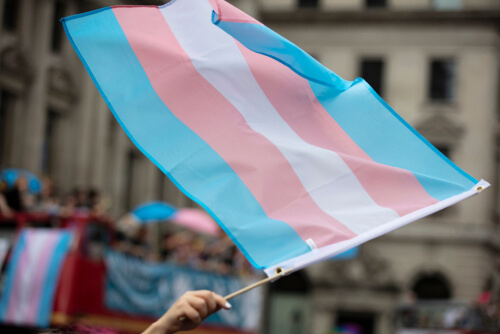
Transgender
Additionally, transgender individuals are more likely to experience mental health issues such as depression, anxiety, and suicidal ideation.
Fortunately, there is a growing number of resources available to support transgender individuals in their journey toward recovery and supporting their mental health, In this guide, we’ve curated a collection of the best resources available to support transgender addiction recovery & mental health. Explore these valuable resources in one ultimate guide.
How Prevalent is Substance Abuse in the Transgender Community?
The Best
Treatments For You
View allGet confidential and professional help for substance abuse & mental health conditions right now.
Get Confidential CallbackTransgender Help Lines
Trans Lifeline
Trans Lifeline offers peer support and crisis intervention services specifically for transgender individuals. This vital resource provides a confidential hotline staffed by trans volunteers who understand the unique challenges facing the transgender community. Whether you’re seeking support for substance abuse, mental health concerns, or simply need someone to talk to, Trans Lifeline is here to listen and support you on your journey to recovery
Crisis Text Line
The Crisis Text Line offers free, confidential support via text message to individuals in crisis, including transgender people struggling with substance abuse or mental health challenges. Trained crisis counselors provide compassionate assistance and referrals to resources that can help you navigate your recovery journey. Text HOME to 741741 to connect with a crisis counselor and get the support you need.
LGBT National Hotline
The LGBT National Hotline offers confidential support, information, and referrals to LGBTQ+ individuals across the United States. Trained volunteers provide compassionate assistance to transgender individuals seeking help with substance abuse, mental health issues, or other concerns. Whether you’re in crisis or simply need someone to talk to, the LGBT National Hotline is available to support you 24/7. LGBT Hotline Website (888)843-4564
AVP Hotline
The AVP (Anti-Violence Project) Hotline provides support and assistance to LGBTQ+ individuals who have experienced violence or discrimination, including transgender people seeking help with substance abuse or mental health issues. Trained counselors offer confidential support, safety planning, and referrals to resources that can support your recovery and well-being. Call the AVP Hotline at 800.799.SAFE (7233) to connect with a trained counselor who understands the unique challenges facing the transgender community.

Transgender Substance Abuse Resources
Transgender Addiction Recovery
- Transgender Addiction Recovery: Online recovery community with specialized meetings for transgender individuals.
Lambda Center
- Lambda Center: Safe and welcoming space for LGBTQ+ individuals.
The Center at Sierra Health Foundation
Community-based organization providing substance abuse treatment for transgender individuals.























